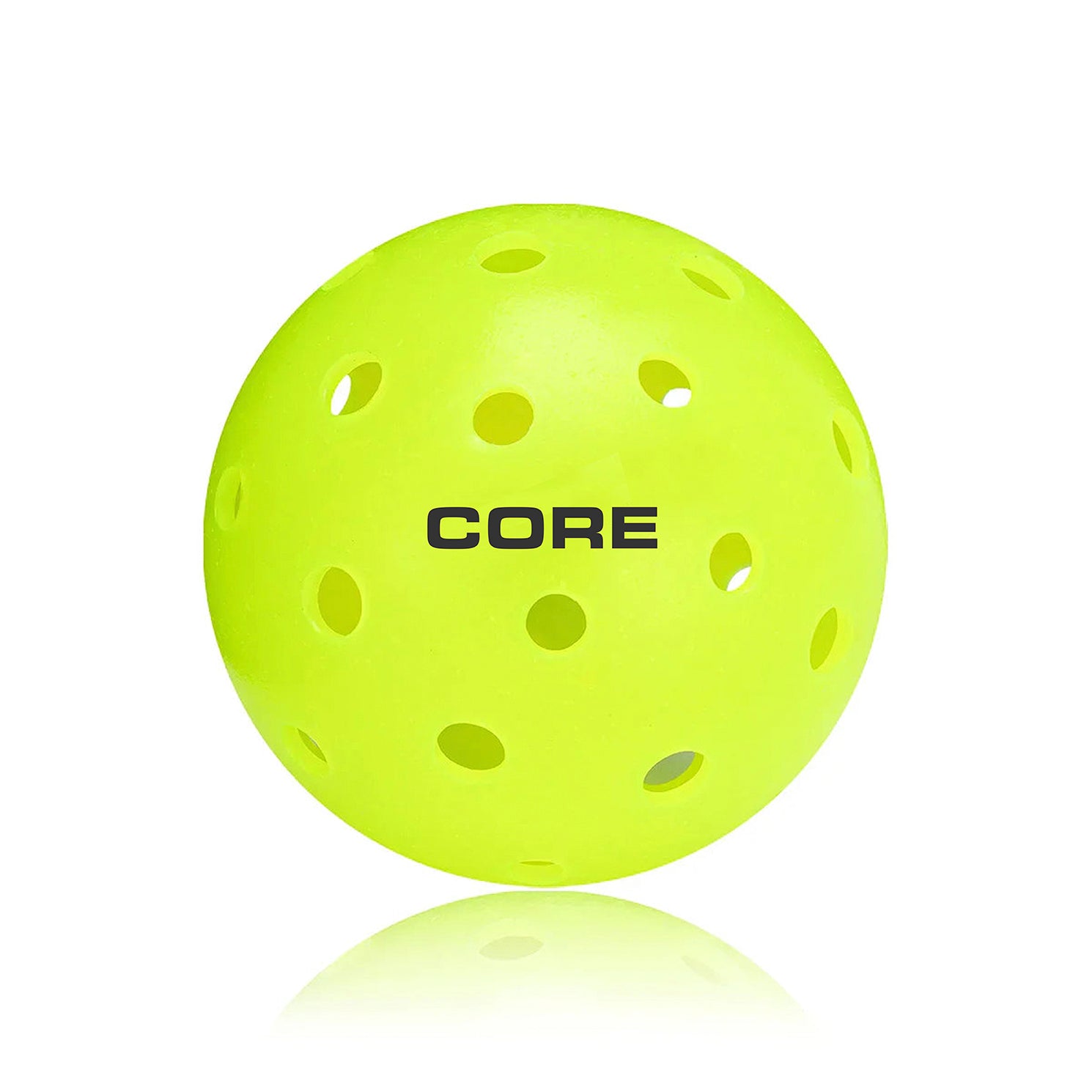Introduction
Attending a pickleball camp is one of the best ways to improve your game, thanks to the personalized attention and expert coaching. But how do coaches assess your skills and help you grow as a player? Understanding their evaluation process and training techniques can help you prepare for camp and maximize your learning experience.
Here’s a detailed look at how pickleball coaches evaluate and improve your skills at camp, ensuring you leave as a better, more confident player.
1. Initial Skill Assessment
Most pickleball camps begin with a skill assessment to understand where you stand as a player. This step is crucial for creating a customized training plan.
-
Observation During Warm-Ups:
Coaches pay close attention to your grip, stance, footwork, and swing during warm-up drills. These seemingly small details reveal a lot about your experience and playing habits. -
Drill-Based Evaluations:
Through simple drills like dinking or crosscourt rallies, coaches evaluate your consistency, accuracy, and technique. -
Game Play Analysis:
Coaches often watch participants in short games to assess their strategy, teamwork (in doubles), and decision-making under pressure.
2. Key Skills Coaches Focus On
To help you improve, coaches break down your game into fundamental areas, analyzing strengths and identifying weaknesses.
Technique
-
Grip and Paddle Position:
Proper grip is the foundation of good play. Coaches check if you’re holding your paddle correctly for maximum control and power. -
Swing Mechanics:
Are you using smooth, efficient motions, or are your swings jerky and inconsistent? Coaches help refine your technique for better accuracy and reduced strain on your body.
Footwork
- Coaches analyze how well you move on the court, ensuring your footwork allows for quick, efficient positioning.
- They teach drills to improve agility, balance, and recovery time between shots.
Shot Selection and Strategy
-
Dinking and Third-Shot Drop:
These are critical elements of pickleball strategy. Coaches assess your ability to execute these shots under different circumstances. -
Game Awareness:
Are you anticipating your opponent’s moves? Coaches work on improving your ability to read the game and adjust your strategy accordingly.
3. Personalized Feedback
Coaches provide constructive, personalized feedback after evaluations to guide your improvement.
-
Identifying Strengths:
Coaches highlight what you’re doing well to reinforce those skills and build your confidence. -
Pinpointing Weaknesses:
Specific areas needing improvement—like backhand shots or court positioning—are addressed in detail. -
Actionable Tips:
Feedback often includes actionable steps, such as minor adjustments in grip, timing, or shot placement.
4. Targeted Training Sessions
Once coaches understand your strengths and weaknesses, they design drills and practice sessions tailored to your needs.
-
Focused Drills:
If your dinking needs work, you’ll practice dinking with controlled patterns. If your footwork is slow, expect agility drills. -
Game Simulations:
Coaches simulate real-game scenarios to teach you how to make better decisions under pressure. -
Repetition with Feedback:
Coaches encourage repetitive practice of specific techniques while offering real-time corrections.
5. Video Analysis
Some advanced camps use video analysis to take skill evaluation to the next level.
-
Recording Your Game Play:
Coaches record your matches and review them with you, highlighting both positive moments and areas for growth. -
Slow-Motion Analysis:
Watching your form and movements in slow motion can reveal details you might miss during live play.
6. Mental Game Development
Coaches understand that mental focus is just as important as physical skills.
-
Building Confidence:
Through positive reinforcement and small, achievable goals, coaches help you build confidence in your abilities. -
Teaching Patience:
Learning to stay calm and composed, especially in high-pressure situations, is a key focus for many instructors.
7. Progress Tracking
Coaches monitor your progress throughout the camp to ensure consistent improvement.
-
Periodic Assessments:
Skills are re-evaluated during the camp to track how well you’re adapting to the training. -
Final Feedback Session:
At the end of camp, coaches provide a summary of your progress and suggest next steps for continuing improvement.
8. Tips for Maximizing Your Coaching Experience
Here’s how to make the most of your time with pickleball coaches:
-
Be Open to Feedback:
Even if it’s constructive criticism, view it as an opportunity to grow. -
Ask Questions:
Don’t hesitate to ask coaches for clarification or tips on specific challenges you’re facing. -
Practice Between Sessions:
Apply what you’ve learned during breaks or after camp to reinforce new skills.
Conclusion
Coaches at pickleball camps are dedicated to helping you improve through personalized evaluations, focused training, and ongoing feedback. By understanding their methods and preparing for camp, you’ll set yourself up for success and make the most of this transformative experience.





